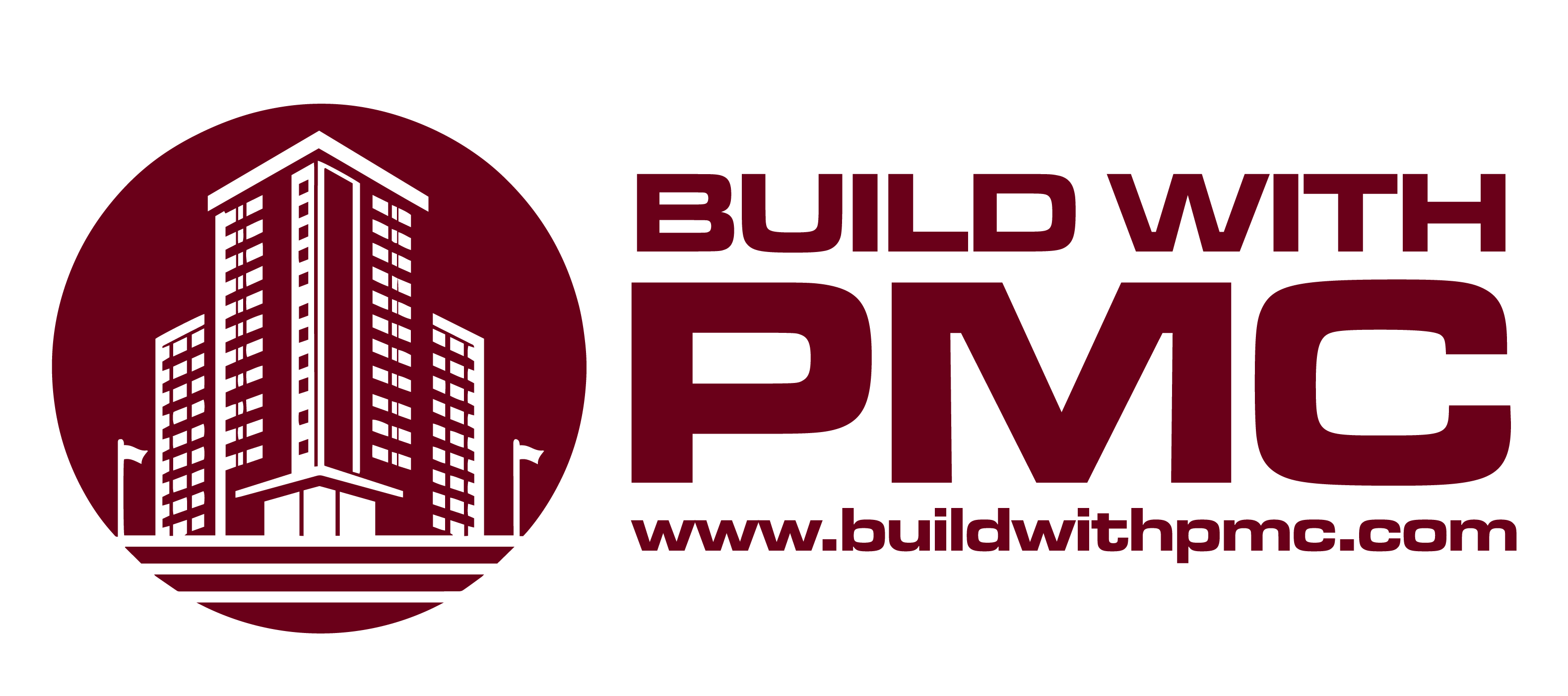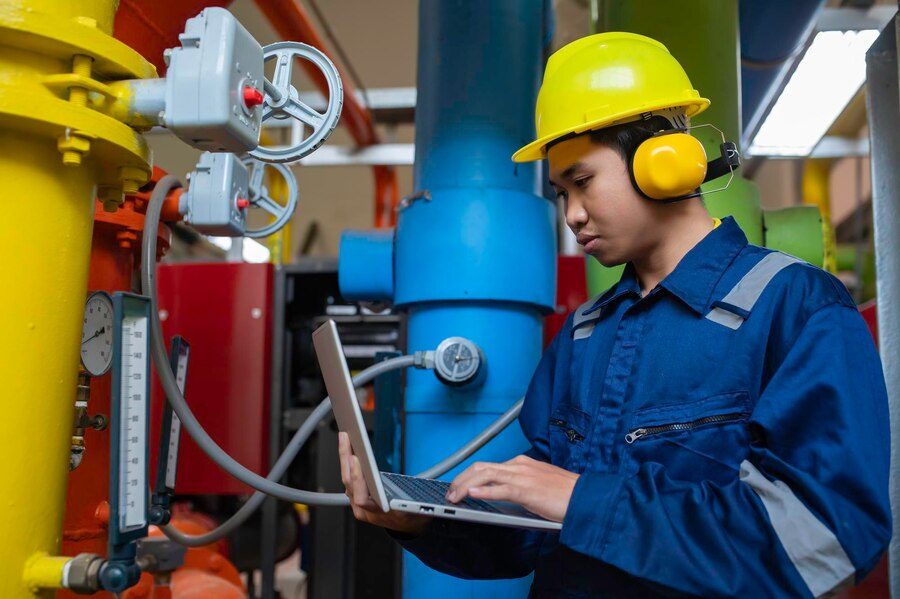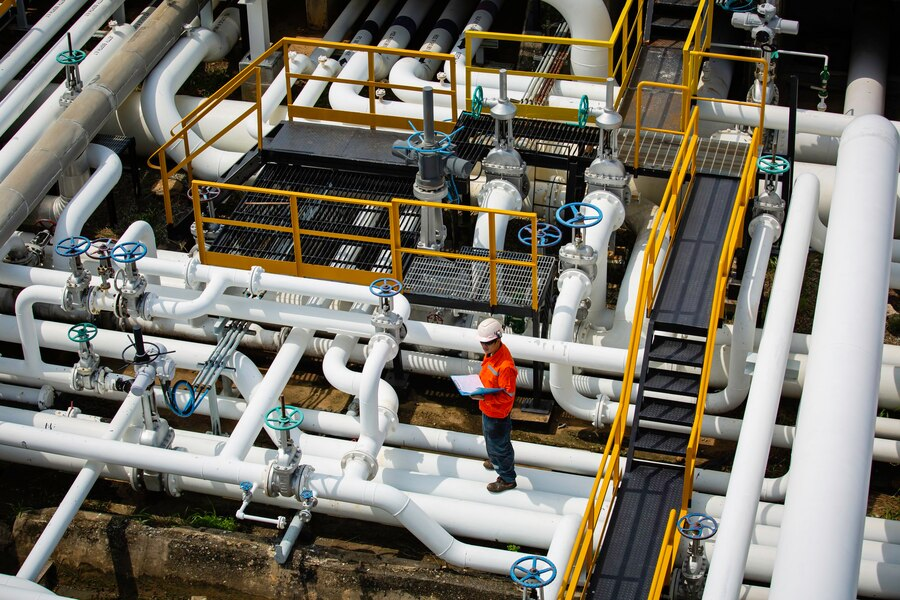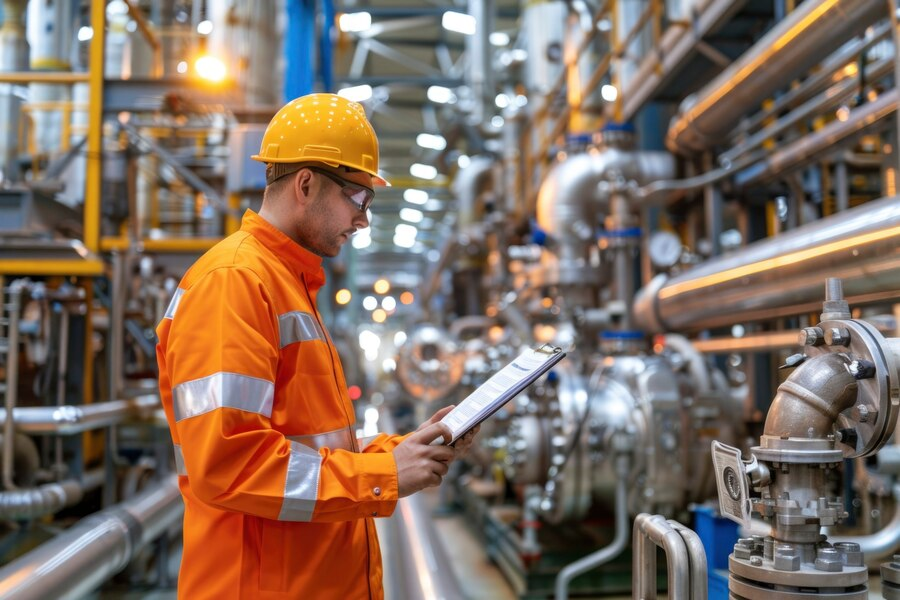In the intricate world of industrial operations, process piping stands as a vital component, weaving together the veins through which materials and fluids flow. From manufacturing plants to refineries, the mastery of process piping is crucial for ensuring efficiency, safety, and reliability in operations.
The Backbone of Industrial Operations
Process piping serves as the backbone of industrial facilities, facilitating the seamless transport of liquids, gases, and solids essential to production processes. Its design and installation require meticulous planning and adherence to stringent standards to ensure optimal performance and longevity.
Fluid Transport:
It facilitates the movement of raw materials, intermediate products, and finished goods essential for manufacturing and production processes. Whether conveying water, chemicals, petroleum products, or gases, the seamless flow ensured by process piping is essential for maintaining operational continuity.
Process Integration:
Piping systems integrate various stages of production by linking different equipment, such as reactors, separators, heat exchangers, and storage tanks. This integration optimizes workflow efficiency and allows for the smooth progression of manufacturing processes.
Safety and Containment:
Beyond transport, process piping plays a crucial role in maintaining safety and containment. It ensures that hazardous materials are securely handled, minimizing risks associated with leaks, spills, and exposure to personnel and the environment.
Engineering Excellence
At the heart of process piping lies engineering excellence. Each system is meticulously designed to meet specific operational requirements, considering factors such as pressure, temperature, flow rates, and material compatibility. Engineers leverage advanced software and expertise to create precise blueprints that guide the installation and integration of piping networks within complex industrial environments.
Engineering excellence begins with thorough planning and meticulous analysis of project requirements. Engineers collaborate closely with stakeholders to define operational objectives, assess environmental factors, and identify regulatory considerations. This initial phase includes conducting feasibility studies, risk assessments, and cost-benefit analyses to inform decision-making and ensure alignment with project goals.
Ensuring Precision
Precision in process piping begins with the selection of materials known for their durability and resistance to corrosion and wear. Stainless steel, carbon steel, and various alloys are often chosen based on their mechanical properties and suitability for the intended application. The installation process itself demands accuracy and attention to detail to minimize potential leaks, ensure structural integrity, and optimize flow dynamics.
Achieving precision in process piping is a cornerstone of reliability and efficiency in industrial operations. It encompasses a meticulous approach to every aspect of design, material selection, installation, and ongoing maintenance to guarantee optimal performance and safety.
Safety and Reliability
The integrity of process piping directly impacts safety and reliability in industrial settings. Rigorous testing and inspection protocols are implemented throughout the installation phase to identify any potential flaws or weaknesses. Pressure tests, non-destructive testing (NDT), and visual inspections are standard practices aimed at ensuring compliance with industry regulations and operational standards. Safety and reliability are paramount considerations in the design, installation, and maintenance of process piping systems within industrial environments. These systems are integral to the seamless and safe transport of liquids, gases, and solids critical to manufacturing, refining, and chemical processing operations.
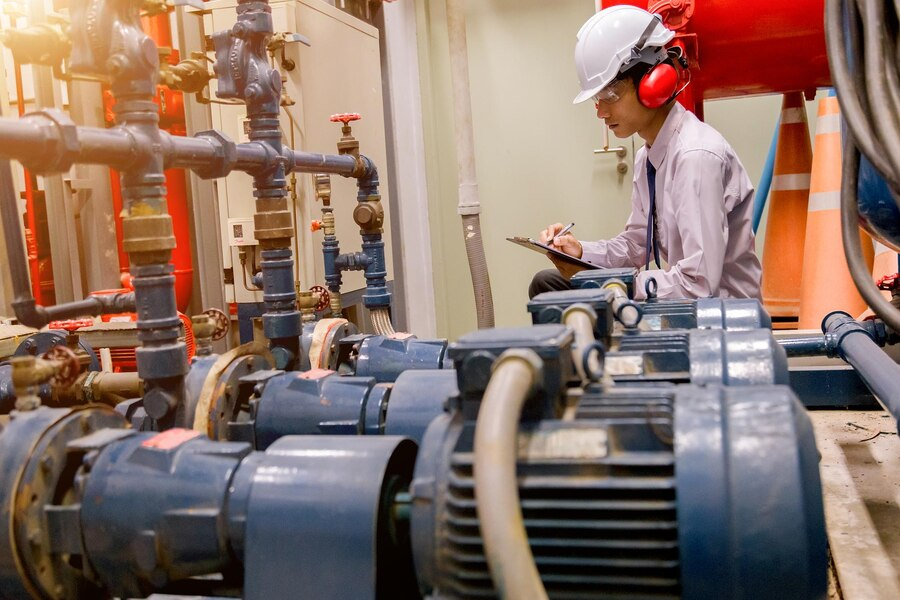
Innovation and Efficiency
Advancements in technology continue to drive innovation in process piping, enhancing efficiency and reducing environmental impact. Automated monitoring systems, smart valves, and predictive maintenance tools enable real-time data analysis, improving operational efficiency and reducing downtime.
Innovation and efficiency are driving forces in the evolution of process piping systems, revolutionizing how industrial facilities optimize operations, enhance sustainability, and ensure reliable performance. As industries embrace technological advancements and sustainability goals, process piping plays a pivotal role in achieving operational excellence and meeting global demands.
Environmental Responsibility
Beyond functionality, modern process piping also emphasizes environmental responsibility. Sustainable materials, efficient designs, and energy-saving practices contribute to minimizing carbon footprints and promoting ecological stewardship in industrial operations.
Environmental responsibility is a cornerstone of modern industrial practices, guiding the design, implementation, and operation of process piping systems to minimize ecological impact and promote sustainable development. As industries strive to meet global environmental standards and reduce their carbon footprint, process piping plays a crucial role in achieving these goals while ensuring operational efficiency and regulatory compliance.
Conclusion
Precision in process piping is not merely about connecting pipes; it is about integrating engineering prowess with operational excellence. It embodies the commitment to efficiency, safety, and sustainability that defines modern industrial practices. As industries evolve, the mastery of process piping remains pivotal in meeting the growing demands for reliability, efficiency, and environmental stewardship.
Whether in refining petroleum, manufacturing chemicals, or producing pharmaceuticals, the art of mastering process piping continues to shape the landscape of industrial settings worldwide, ensuring that the lifeblood of production flows with precision and reliability. Contact us today at PMC Inc, located at 14563 Manzanita Dr, Fontana, CA 92335 Southern California to discover how our expertise in process piping can enhance the efficiency and reliability of your industrial operations.
